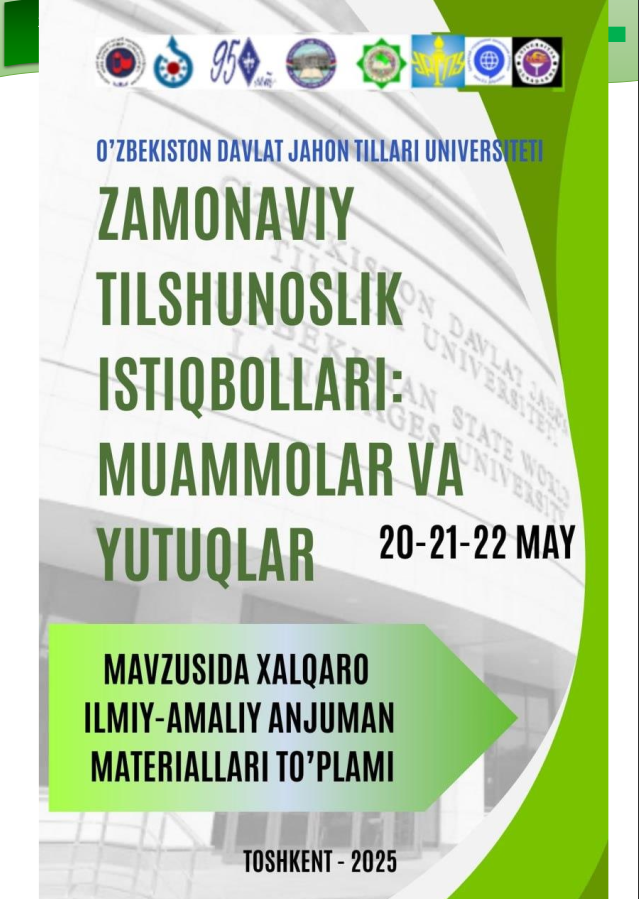TEACHING TECHNOLOGY-RELATED VOCABULARY TO INTERMEDIATE EFL LEARNERS THROUGH TASK-BASED LANGUAGE LEARNING
https://doi.org/10.5281/zenodo.15590272
Kalit so‘zlar
TBLL, vocabulary development, technology, communicative competence, EFL, student-centered learningAnnotasiya
This action research explores the effectiveness of Task-Based Language Learning (TBLL) in teaching technology-related vocabulary to intermediate-level English as a Foreign Language (EFL) students. It examines both student engagement and vocabulary acquisition through interactive, real-world tasks, such as recipe creation, problem-solving, and vocabulary matching. A pre-test/post-test structure, teacher interviews, student questionnaires, and classroom observations were used to assess learning outcomes and perceptions. The findings indicate that TBLL significantly enhances vocabulary retention, promotes communicative competence, and fosters motivation. Despite some challenges in time management and group dynamics, the method proved successful in achieving pedagogical goals.
Foydalanilgan adabiyotlar ro‘yhati
Cohen L., Manion L., Morrison K. (2013) Research Methods in Education, 7th Edition. Routledge, New York, USA, p. 289.
Ellis R. (2003). Task-based Language Learning and Teaching. Oxford University Press, Oxford, England, p. 3.
Hatip F. (2005). Task-Based Language Learning. [online] [17.12.2013]. Available at http://www.yde.yildiz.edu.tr/uddo/belgeler/inca-FundaHatip-TBL.htm
Richards J. C., Rodgers T. S. (2001). Approaches and Methods in Language Teaching. Cambridge University Press, Cambridge, England, pp. 223-239.
Tellis W. (1997). Introduction to Case Study. The Qualitative Report, 3 (2) [online] [17.12.2014]. Available at http://www.nova.edu/ssss/QR/QR3-2/tellis1.html

